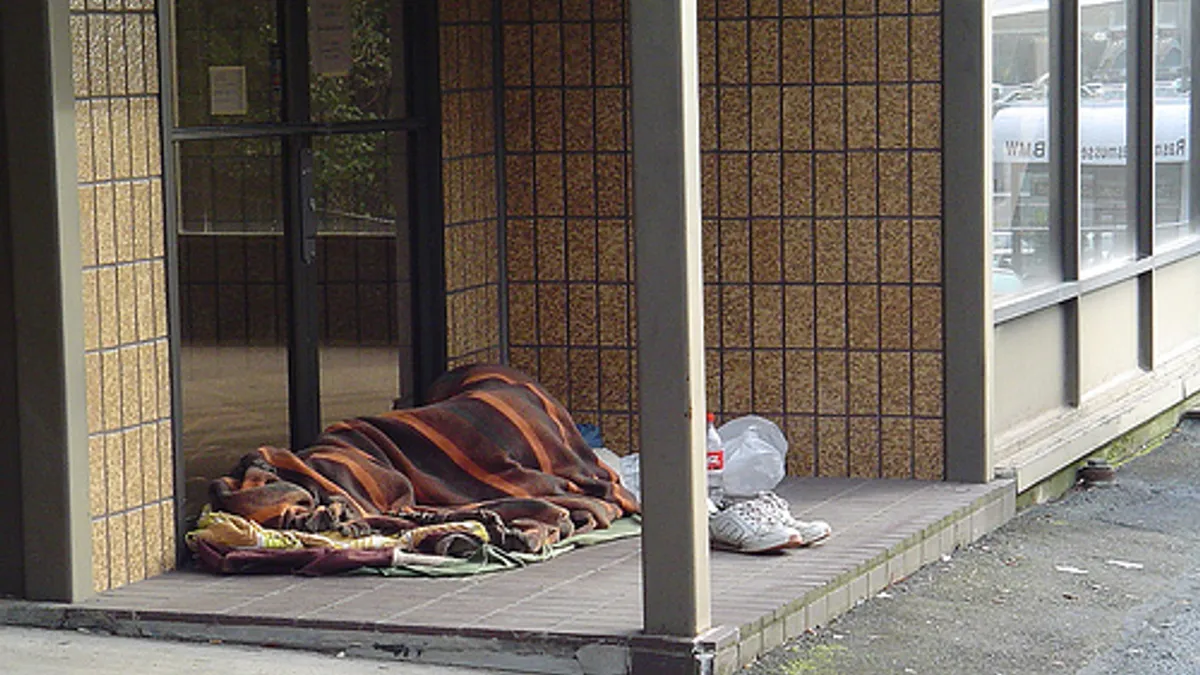This week, Education Dive took a look at poverty's impact on educational outcomes and attainment in K-12 and beyond.
Meanwhile in higher ed, embattled University of California-Davis Chancellor Linda Katehi resigned amid a controversial history of questionable spending, inappropriate hiring practices and clashes with system leadership over potential wrongdoing. And a professor's anonymous critique of the convergence of academic, social media cultures and the pressure involved with self-promotion, published in The Guardian, stoked backlash from peers.
And in online learning news, Harvard University and the University of California-Berkeley are transforming online learning in their business graduate programs, using tech to increase production value and simulate in-person classroom experiences.
Be sure to check out our look at MOOCs as tools for equity and more in this week's most-read posts from Education Dive!
- Measuring the impact of poverty in education: The effects of poverty are far-reaching, but the Obama administration is hoping to be on the frontlines of eradicating the problem.
- MOOCs as tools for equity in under-resourced high schools: Boston University and Davidson College have begun using massive open online course platform edX to improve access and quality in high school AP courses.
- Embattled UC Davis chancellor resigns: UC Davis Chancellor Linda Katehi's tenure is a cautionary tale on avoiding excessive abuse of executive privilege in administration.
- Faculty fire back at critique of social media in academy: An anonymous critique of academicians using social media creates firestorm of response, consideration for how to promote teaching and research.
- Harvard, Cal-Berkeley take MOOCs to next level: Two elite universities prove enhanced technology can enhance the distance learning experience for students.
Would you like to see more education news like this in your inbox on a daily basis? Subscribe to our Education Dive email newsletter!













